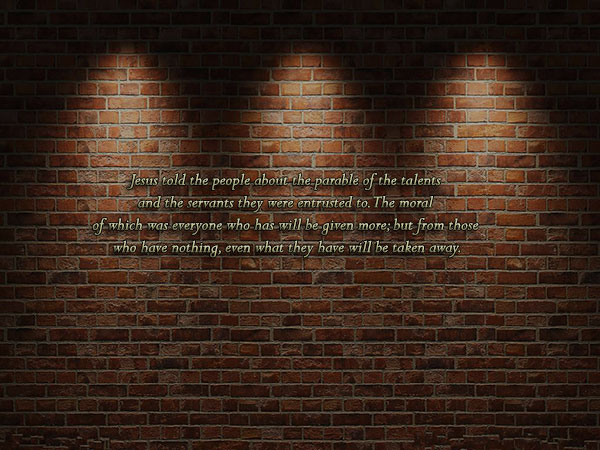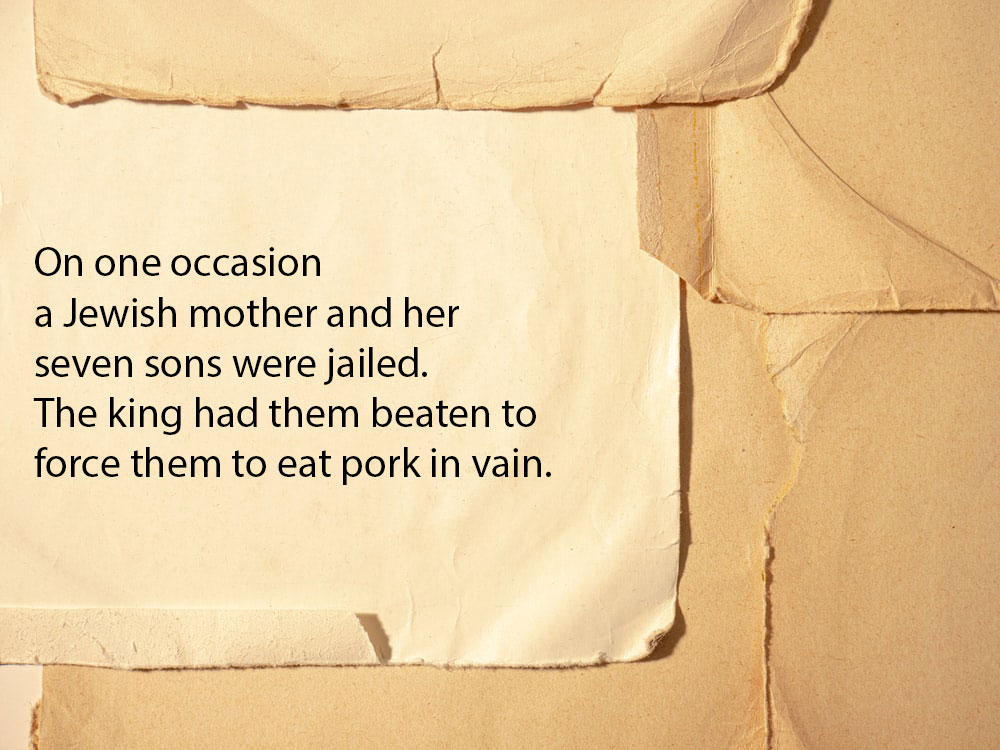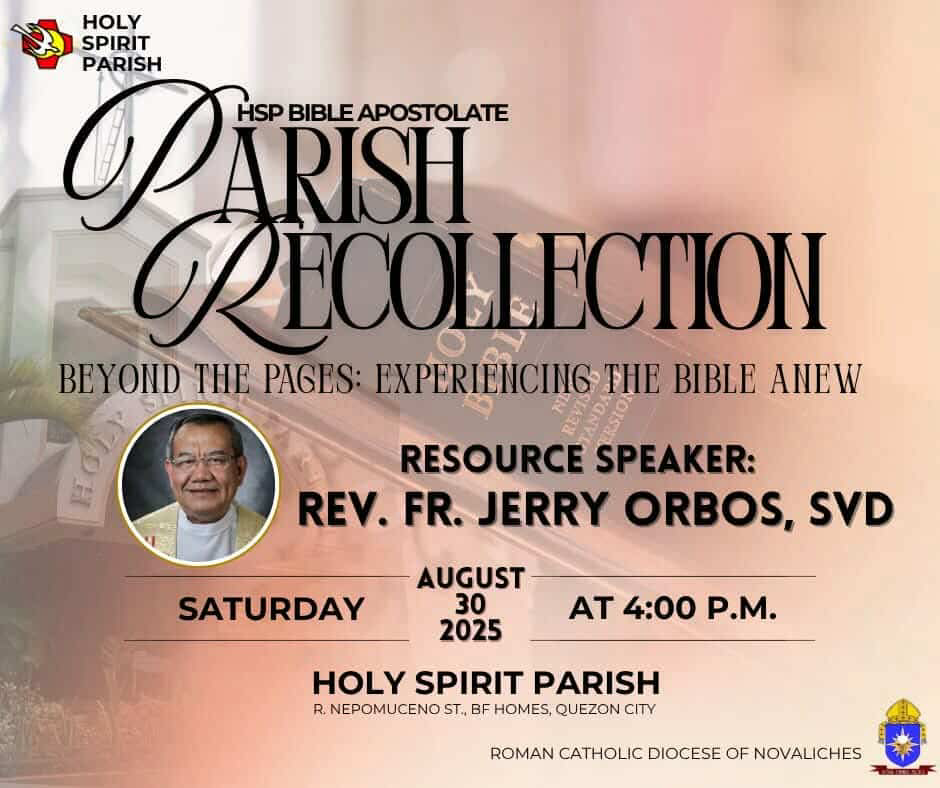Gospel: Matthew 25:31-46
When the Son of Man comes in his glory with all his angels, he will sit on the throne of his glory. All the nations will be brought before him; and, as a shepherd separates the sheep from the goats, so will he do with them, placing the sheep on his right hand and the goats on his left. The king will say to those on his right, ‘Come, blessed of my Father! Take possession of the kingdom prepared for you from the beginning of the world. For I was hungry, and you fed me. I was thirsty, and you gave me something to drink. I was a stranger, and you welcomed me into your home. I was naked, and you clothed me. I was sick, and you visited me. I was in prison, and you came to see me.’ Then the righteous will ask him, ‘Lord, when did we see you hungry, and give you food; thirsty, and give you something to drink; or a stranger, and welcome you; or naked, and clothe you? When did we see you sick, or in prison, and go to see you?’ The king will answer, ‘Truly I say to you: just as you did it for one of the least of these brothers or sisters of mine, you did it to me.’
Then he will say to those on his left, ‘Go, cursed people, out of my sight, into the eternal fire, which has been prepared for the devil and his angels! For I was hungry, and you did not give me anything to eat; I was thirsty, and you gave me nothing to drink; I was a stranger, and you did not welcome me into your house; I was naked, and you did not clothe me; I was sick, and in prison, and you did not visit me.’
They, too, will ask, ‘Lord, when did we see you hungry, thirsty, naked or a stranger, sick or in prison, and did not help you?’ The king will answer them, ‘Truly I say to you: just as you did not do it for one of the least of these, you did not do it for me.’
And these will go into eternal punishment; but the just, to eternal life.”Reflection:
“‘Lord, when did we see you hungry.”
On many occasions Jesus draws an equivalence between love for God and love for our neighbors. But this marks his clearest indication that our very salvation depends on how we have treated others—especially those in need.
Jesus comes to us in disguise, hidden in our neighbor’s need. This passage is the foundation for the Works of Mercy: feeding the hungry, clothing the naked, sheltering the homeless, and so forth. There are also “spiritual works of mercy”: counseling the doubtful, instructing the ignorant, praying for the living and dead, etc. Dorothy Day, founder of the Catholic Worker movement in New York, based her whole life on the meaning of this passage:“The mystery of the poor is this,” she said: “that they are Jesus, and what we do for them we do for him.”
But there is another side to this story. We are judged not only by what we did, but what we failed to do: neglecting the prisoner; disdaining the stranger; ignoring the hungry. What are the implications for a global economy that systematically ignores these needs? It causes one to tremble.© Copyright Bible Diary 2019
2014 Copyright. Claretian Communications Foundation Inc







